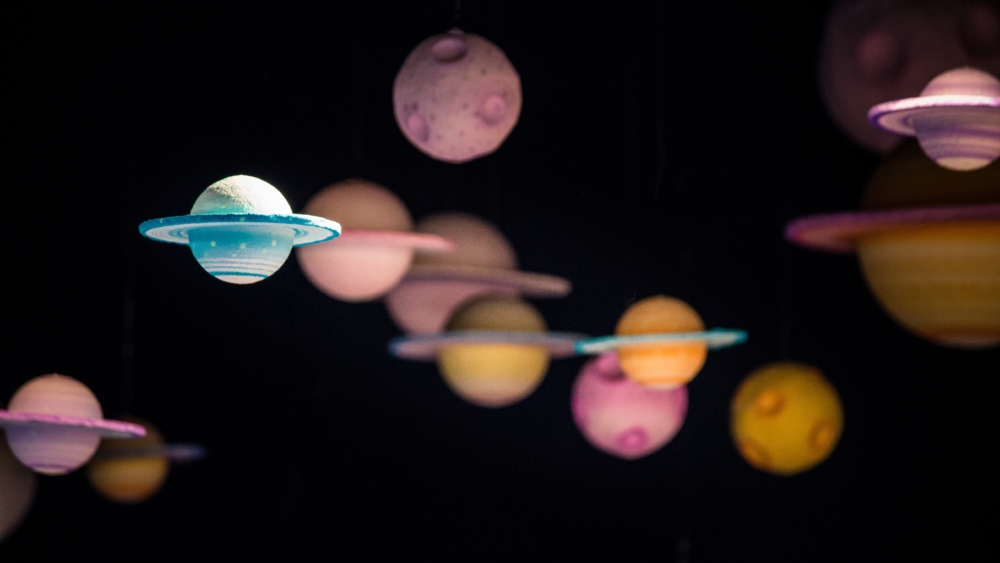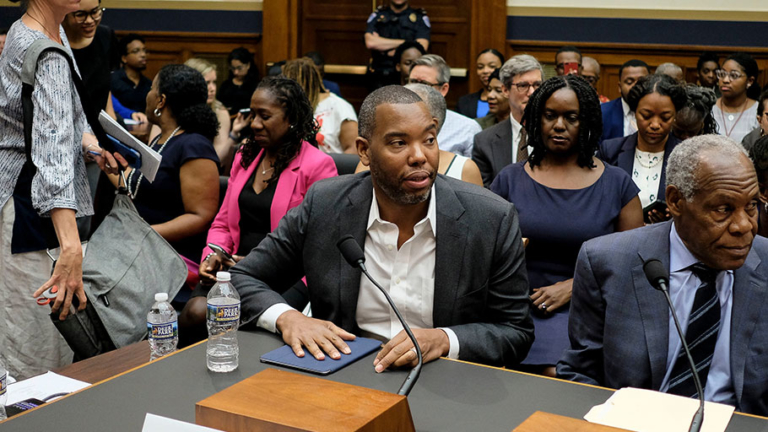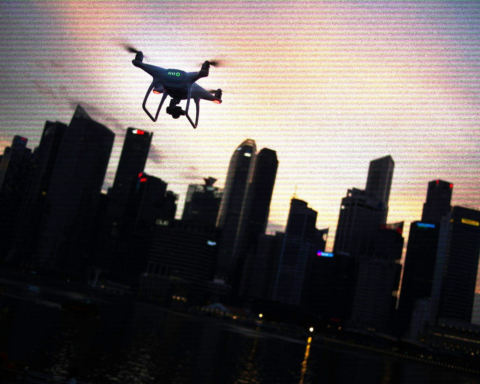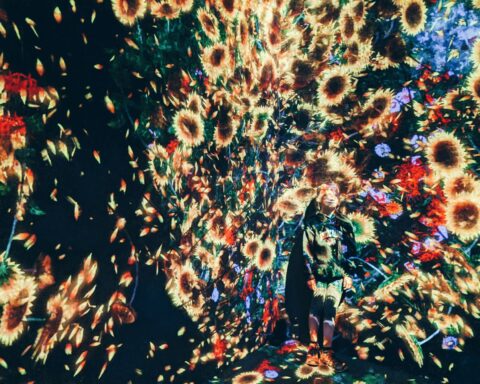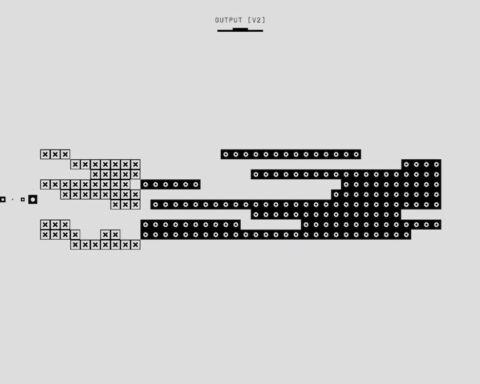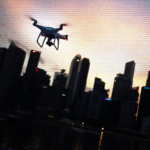We still can’t build a computer large enough
to model the universe, so we will settle for a car
called Curiosity that drives across the surface
of the planet Mars and aims its eye
at the horizon, takes a picture
of reflected light. When a museum
burns to the ground in Brazil, the only
artifact to survive is a meteorite
found by a boy searching the countryside
for a cow that had left the herd.
We can’t build a computer
large enough to find it, or to tell us why
an orca has spent the past seventeen days
pushing her dead calf through Pacific waters,
refusing to let the body sink, or why
for three whole years, no orca child
has survived, but an infant was born
from a uterus transplanted
into a barren mother, donor
now deceased. When the museum
in Rio de Janeiro caught fire, curators
carried out armloads of rare mollusks
while the bones of dinosaurs, too large
to hold, went up in flames. We still can’t
build a computer large enough to calculate
the loss—the last recordings of now-dead
languages melted by intensifying heat,
the number of stars extinguished every
hour, or how it is that time can stretch
and fold. Just days ago, someone nearby
determined that, lightyears away,
there are moons that have moons too.
________
Erika Luckert is a writer from Edmonton, Canada, and a recipient of the 92Y Discovery Poetry Prize. Her manuscript, “Prepared Ground,” was a was a finalist for Tupelo’s Berkshire Prize. She holds an MFA from Columbia University, and currently lives in New York City.

